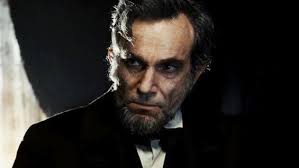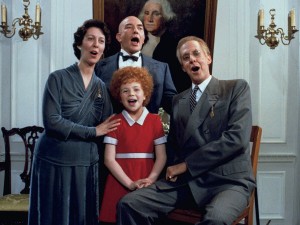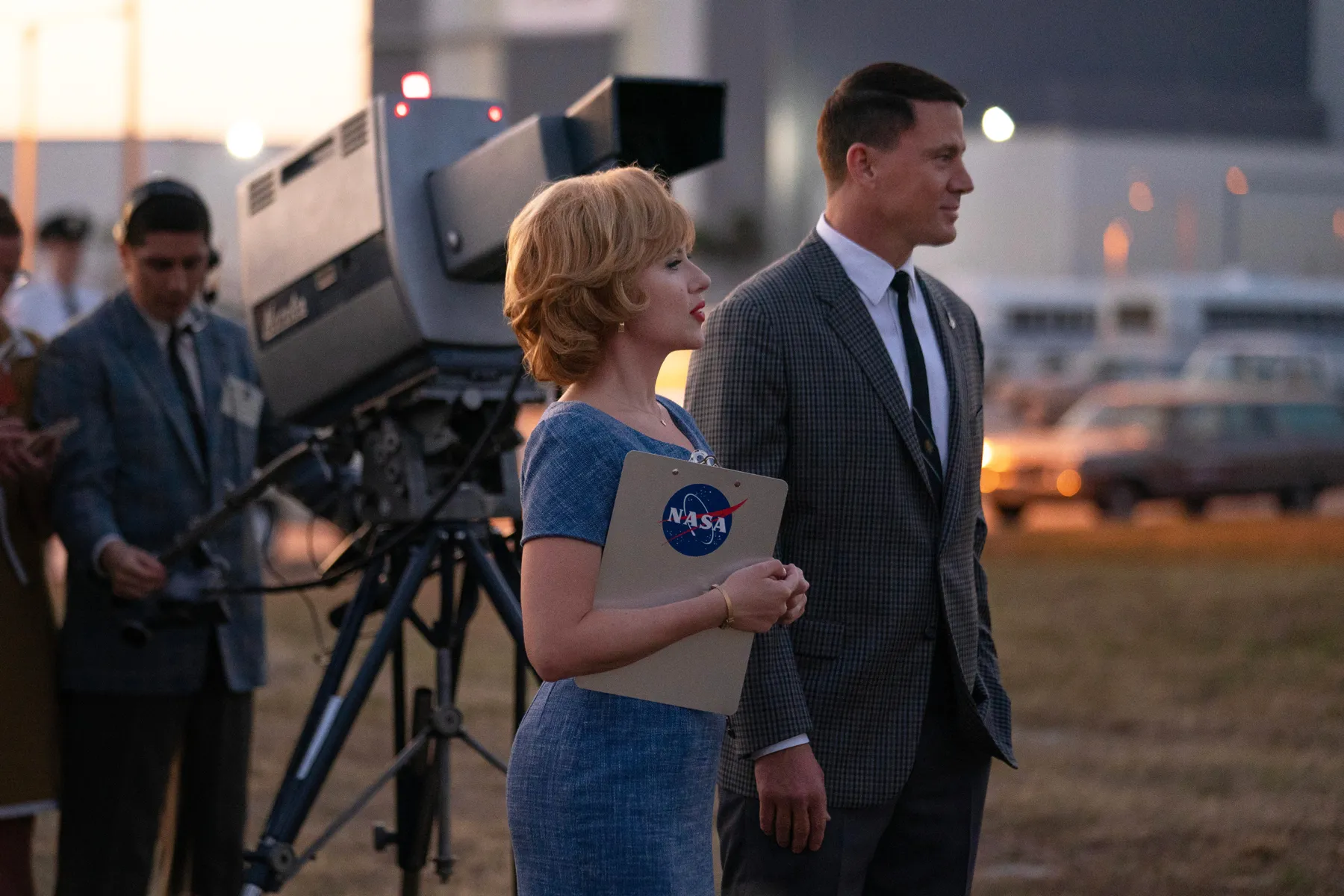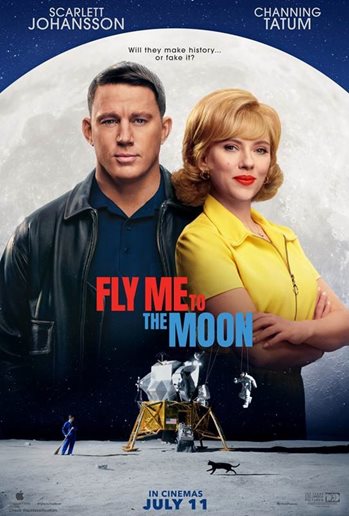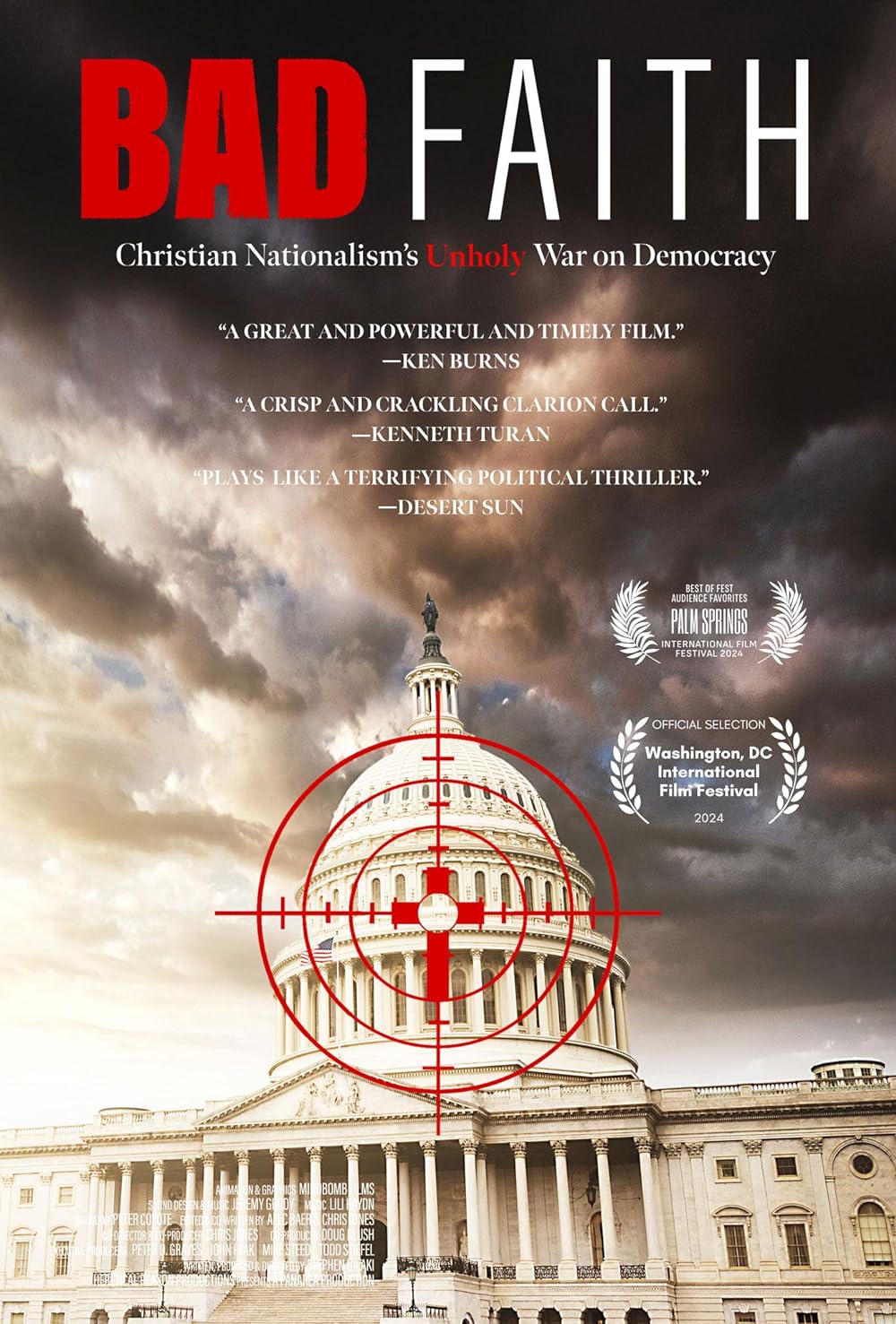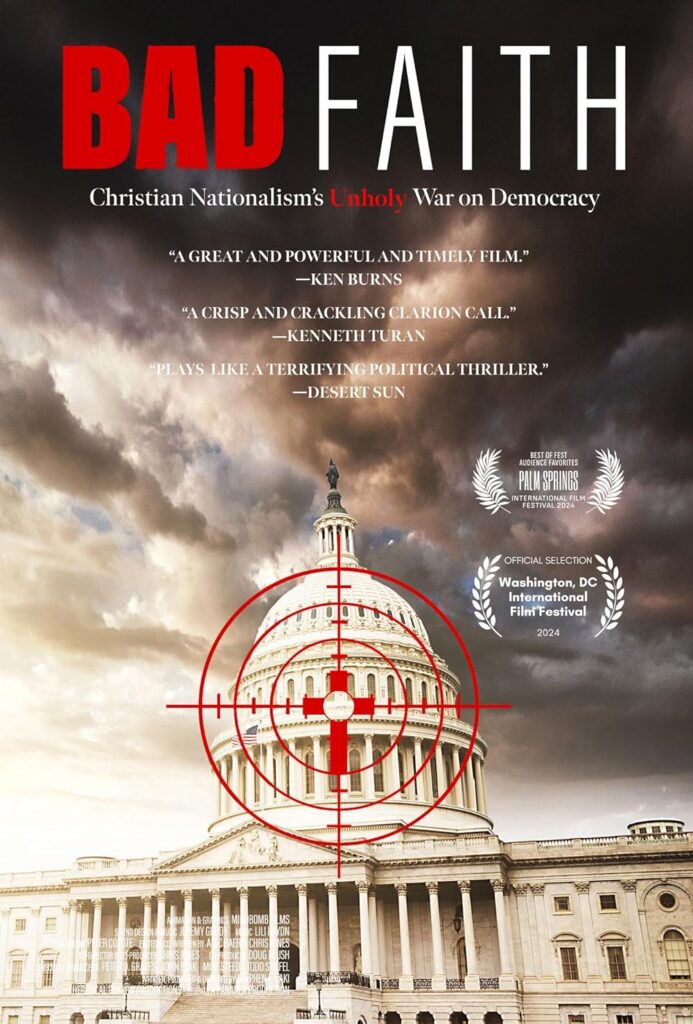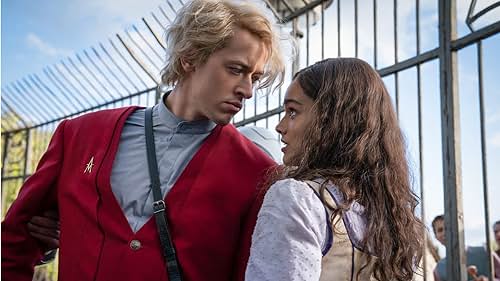Bugonia
Posted on October 31, 2025 at 12:12 pm
D| Lowest Recommended Age: | Mature High Schooler |
| MPAA Rating: | Rated Rfor bloody violent content including a suicide, grisly images and language |
| Profanity: | Strong and vulgar language |
| Alcohol/ Drugs: | Pharmaceuticals, some alcohol |
| Violence/ Scariness: | Extended violence, suicide, murder, graphic and disturbing images |
| Diversity Issues: | None |
| Date Released to Theaters: | October 31, 2025 |
Jesse Plemons and Emma Stone, two always-exceptional performers, give brilliant performances in their second Yorgos Lanthrimos film of the year. Like “Kinds of Kindness,” the film around them is filled with sound and fury and signifying very little, if anything at all. It is based on the Korean film, “Save the Green Planet!” about a man who kidnaps the CEO of a pharmaceutical company.
Stone plays Michelle, the whippet-thin, ferociously disciplined CEO of a bio-medical pharma company in a tall glass skyscraper. Plemons is Teddy, who lives with his cousin Don (Aidan Delbis) in the small, messy, run-down house where he grew up. His job is scanning packages for Michelle’s company, his hobby is bee-keeping, and his obsession is the online “research” that has led to his conviction that Michelle is an alien, specifically an “Andromedan” sent to destroy humanity.
As the movie opens, following comments from Teddy about the importance of pollinator bees, we see the characters in parallel preparing for the day, both exercising, Michelle running on a treadmill and fighting with her trainer and Teddy and Don doing push-ups and high-knee marches.
Stone is dazzling as the commanding CEO who has appeared on the covers of TIME and Forbes. The forceful way she strides through the offices in her Christian Louboutin shoes, the coded messages about diversity and work-life balance, her surface smoothness barely masking her steely determination, and, later, in a flashback, the way she handles a disastrous result of an experimental drug, are small masterpieces of layered, precise understanding of this character.
Plemons matches her as someone who might appear to Michelle and to us as just another guy who has fallen down a Qanon conspiracy rabbit hole, but whose own determination cannot mask his vulnerability. His mother (Alicia Silverstone) is in a coma, and we will learn about her connection to Michelle and to his “research.”
Teddy and Don kidnap Michelle, shave her head (Teddy believes she uses her hair to communicate with the other Andromedens), and chain her to a cot in the basement of their house. The best part of the movie is the way Michelle (who also refers to her research) and Teddy bounce off each other. We can see the skills that have made Michelle so successful as she mirrors and parries Teddy’s accusations, now pretending to agree with him, now trying to bribe him, using a lot of deal-speak about being on the same page or “Let’s just unpack the problem here.” Teddy responds with a mishmash of adrenaline-fueled conspiracy theories, and there is quite a verbal dance, from feigned acquiescence to power plays as Michelle tries to find a way to reach or rattle him.
I’d say that the movie goes off the rails after this, but it was never really on the rails. While it follows the plot developments of the original, even if we assume that version was successful, it is a different time and we are different audience with different expectations. The movie turns into a literal bloodbath. A confession of abuse and horrific violence are unjustified and pointless and the music choices are thuddingly obvious. The ending is hollow and superficial. The movie sets itself up for insights about conspiracy theories, violence, the environment, economic disparity, and predatory corporations, only to let us know it has nothing to say.
Parents should know that this is a disturbing movie with torture, suicide and murder, massive deaths, and bloody violence. Characters use strong language.
Family discussion: Both Michelle and Teddy claim to have done their research. With unprecendented access to information and disinformation, what is the best way to do research that is based on facts and reliable data? What do you think is the lesson of the ending.
If you like this, try: “Save the Green Planet!” and “Okja”

